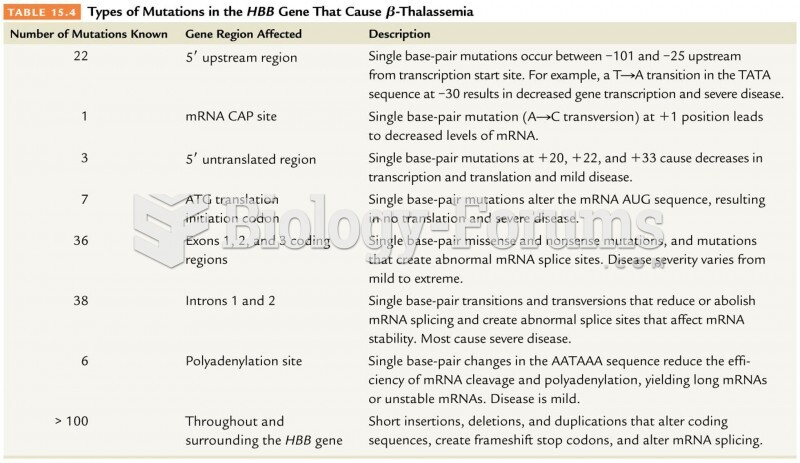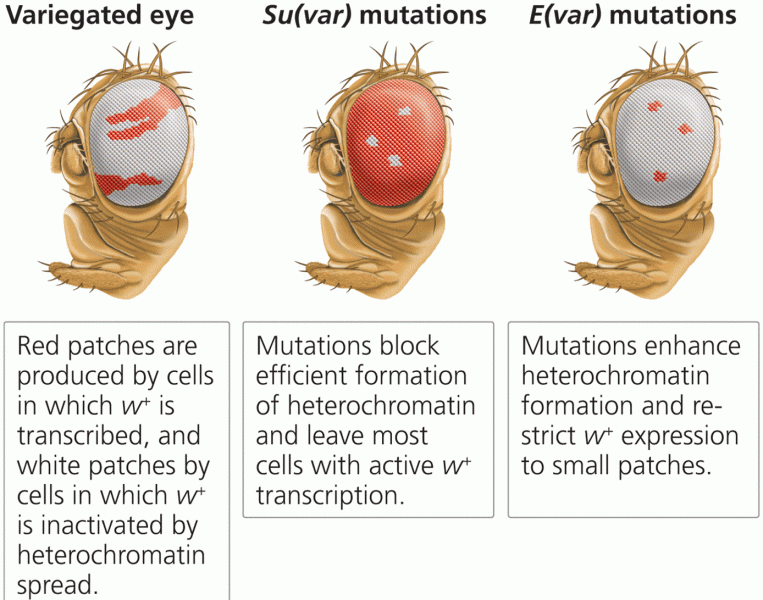|
|
|
Your heart beats over 36 million times a year.
Stroke kills people from all ethnic backgrounds, but the people at highest risk for fatal strokes are: black men, black women, Asian men, white men, and white women.
Though newer “smart” infusion pumps are increasingly becoming more sophisticated, they cannot prevent all programming and administration errors. Health care professionals that use smart infusion pumps must still practice the rights of medication administration and have other professionals double-check all high-risk infusions.
More than 34,000 trademarked medication names and more than 10,000 generic medication names are in use in the United States.
People about to have surgery must tell their health care providers about all supplements they take.







